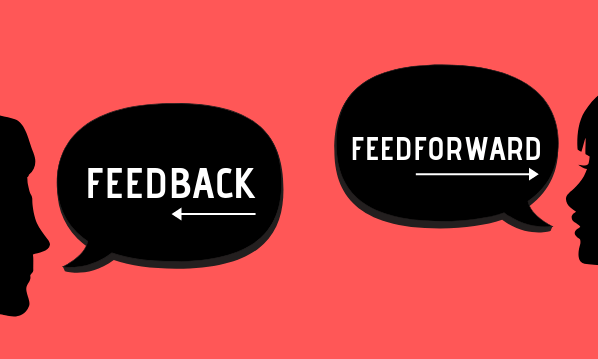Often, a business will start out using one tone of voice, and then realise a few years down the line, ‘This isn’t really us anymore.’
We have to accept that it’s OK to evolve your business tone of voice. In fact, as the world changes – we have no choice.
By asking ourselves some very simple questions, we can easily reassess our tone of voice.
Why do you need to evolve your business tone of voice?
Business plans change, teams change and the world changes. We have to adapt our tone of voice to those changes so we’re still relevant and powerful in what we say.
Personality shows we’re human. It makes our copy good to read. It makes people like us. All excellent things. So, we need to always be clear on who we are and then make sure that’s obvious in everything we do.
But it’s also about our customer. As we add products or diversify, we gather different audiences to speak to. If we try to talk too much to everyone, we talk to no one. We need to talk to each group in their own language or find commonalities between them, so no one is excluded.
Work on tone of voice doesn’t end. We need to interrogate our tone regularly as we grow and change.
Find the words as you evolve your tone of voice
Tone of voice has to promise the customer how they can expect to be treated when they need us. That internal voice takes a while to develop, so now and then we need to check that how we’re talking to the world matches how we actually talk to customers and vice versa.
We’re never going to be able to talk directly to one specific kind of customer, even product by product – so we need to be true to what we are at our core.
The one thing our customers have in common is needing something from us. So a combination of ‘them’ and ‘us’ is how we should sound.
Questions for finding your brand words
1. Who are we like? What are THEY like?
Choose some brands you identify with, across any sector. Describe them.
2. Who are we not like? What are THEY like?
Do the same with some brands you absolutely do NOT identify with and describe them. Knowing what you definitely don’t want to be is very useful and helps describe what you do what to be.
3. What do our customers most need from us?
This is the least fancy-pants bit. The down-to-earth bit. Because no customer is going to say ‘Gosh, I wish I saw a bit more blue sky thinking and innovative insights from my bank.’
An excellent source of information is reviews. Your reviews, your competitors’ reviews. What do customers wish they’d experienced that they didn’t? What do they describe in the most glowing terms?
Your list will be so simple – friendly! helpful! – that you’ll feel like it’s a cliche. Good. Cliches endure for a reason.
4. What do people say about us when we’re not in the room? Is that what we want?
Your customers, your competitors and your partners all talk about you behind your back. Imagine what they’d say about you.
Does what they’d say differ from what you WISH they’d say?
I’ve been lucky (or unlucky) enough to work in an industry that features heavily on forums. That’s where you find the dirt, I promise.
5. What is our closest competitor like? How are we different from them?
To differentiate yourself in the market, you want to find the heart of what makes you a better choice.
Describe what your competitor offers your customers. Why are you better?
Evolving your business tone of voice never stops…
Evolving your tone of voice is a task without end. Too often, a business will hit on a few words that they think describe them, and that’s it for life.
But the world inside your business and out doesn’t stop. You only need to look at 2020 (so far!) to see that we all have to be ready to evolve.







